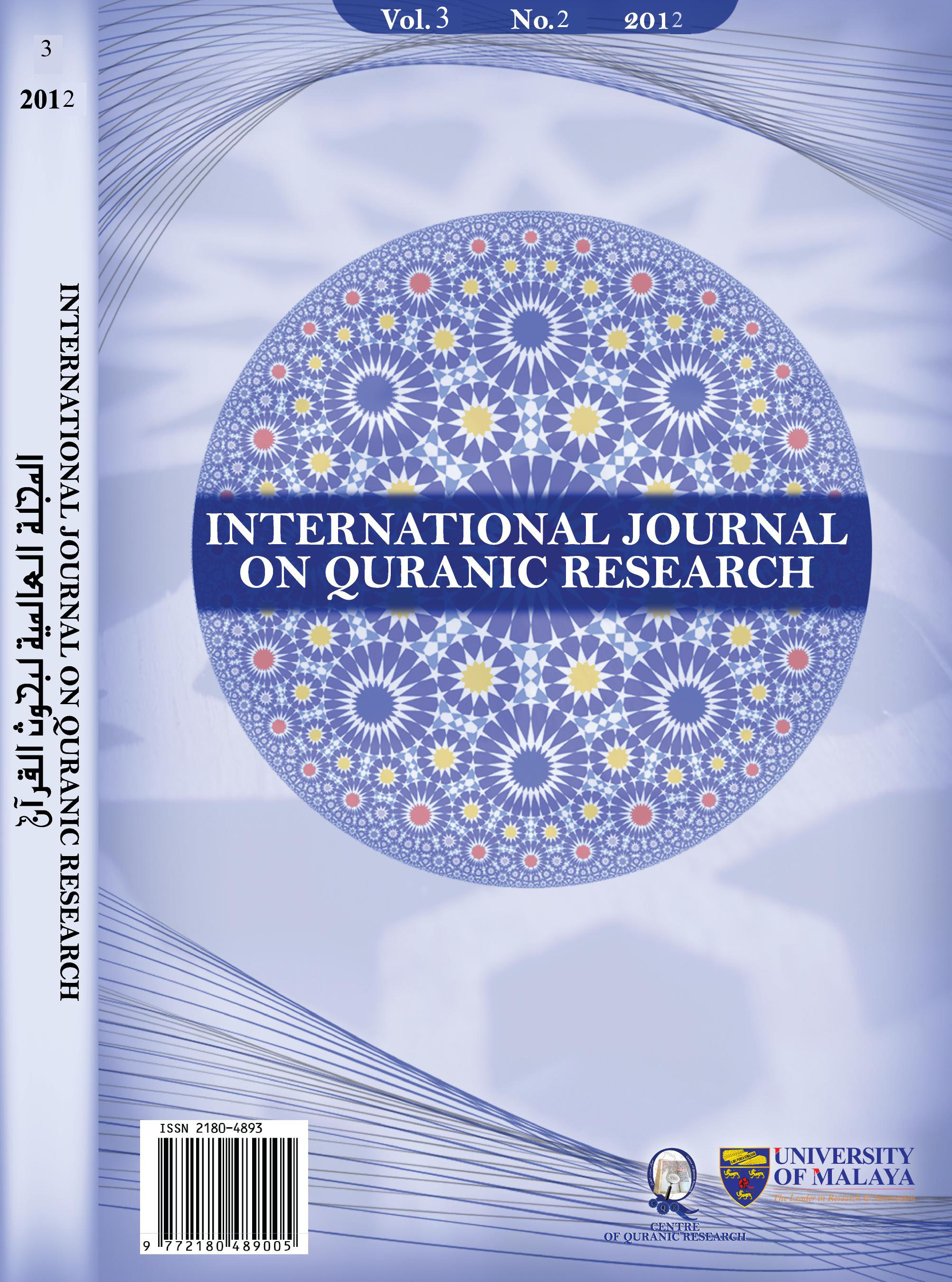Animal Ethics: An Islamic Perspective
Main Article Content
Abstract
Animals are considered to be one of the large groups of the creation of Allah (SWT). According to the Holy Qur’an, they are deemed to be miracles of the Almighty Allah and signs of His existence and Unity. All of them worship Allah in a way that we are unable to see or feel. By and large, all creatures including these animals are created for the benefit of humankind. Some of these animals are consumed as food or meat; some of them are used for riding on their backs or carrying goods; while some others are kept as pets or used for other purposes. Most of them are wild, while some of them are domestic. However, some of them are harmful to mankind. Nowadays, besides the use of plants and bacteria, animal cells are also used for industrial or scientific purposes and for making drugs and chemicals. Human beings often treat these animals with cruelty and fail to treat them ethically. During the last century or so a number of organizations for protecting animal rights have been established all over the world. Islam has also offered some ethical guidelines for treating animals. By analyzing the related verses of the Qur’an and ahadith of the Prophet (pbuh), this paper intends to discuss Islamic ethics for treating animals. The paper may conclude that Islam has offered a balanced and just code of ethics for treating animals.
Downloads
Article Details
Disclaimer
QURANICA makes every effort to ensure the accuracy of all its contents. However, opinions, discussions, views and recommendations are expressed in this journal do not necessarily reflect the official policy of QURANICA or views of its editors or publishers. Therefore, QURANICA and its publishers will not be liable for any controversy may be arisen. The journal reserves the right, at its sole discretion, to change its terms and conditions of publications.
Copyright
It is a condition of publication that manuscript submitted to the journal have not been published, accepted for publication, nor simultaneously submitted for publication elsewhere. By submitting a manuscript, the author(s) agrees that copyright for the article is transferred to the publisher, if and when the manuscript is accepted for publication.
